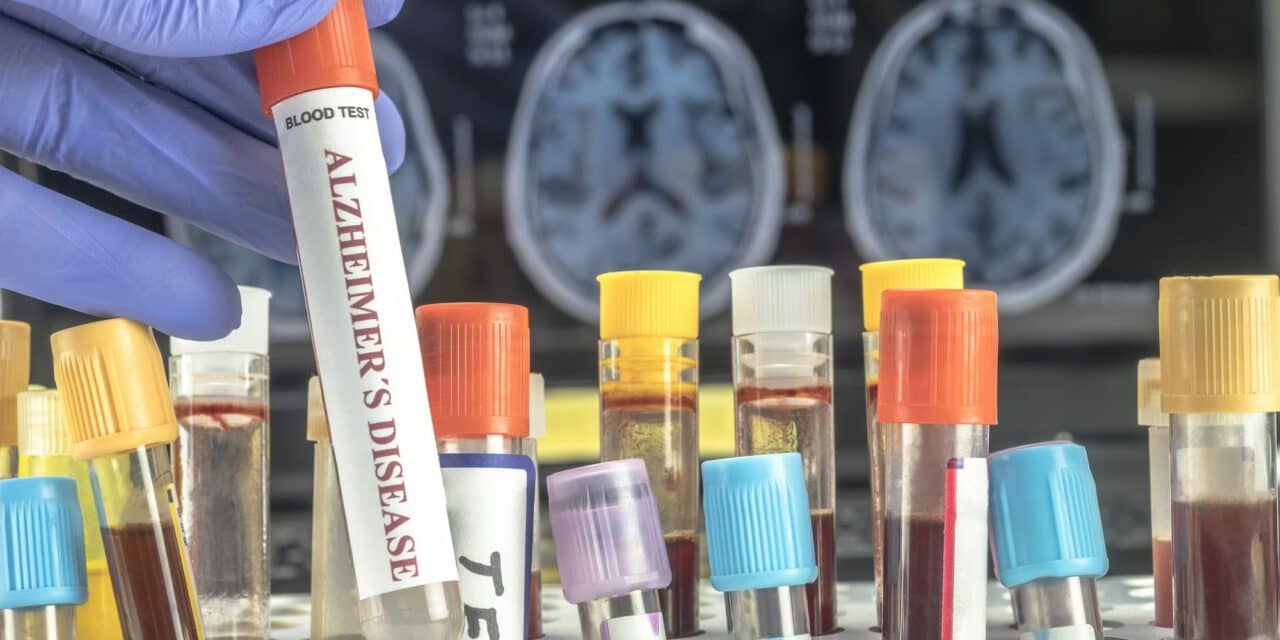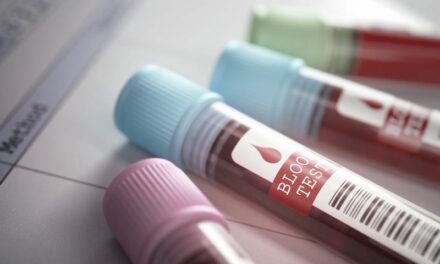Diadem U.S., a jointly owned subsidiary of Diadem SpA, a company developing a blood-based test for the early prediction of Alzheimer’s disease, has been awarded a Small Business Innovation Research (SBIR) direct to Phase ll grant for an expected total of approximately $2.5 million from the National Institute on Aging (NIA) at the National Institutes of Health (NIH).
The two-year award will allow the company to screen data from the Alzheimer’s Disease Neuroimaging Initiative (ADNI), a longitudinal multicenter study designed to enable development of biomarkers for the early detection and tracking of Alzheimer’s disease.
Since its launch more than a decade ago, this public-private partnership has made major contributions to Alzheimer’s research. The new study is designed to make use of all four ADNI patient cohorts to identify participants who were early progressors to Alzheimer’s and to further validate the prognostic ability of Diadem’s non-invasive AlzoSure Predict blood test to accurately identify these patients years before diagnosis.
“Diadem is dedicated to transforming the treatment of Alzheimer’s disease by developing and commercializing new accurate, affordable and accessible prognostic and diagnostic biomarker tools for early identification of individuals who will or will not progress to Alzheimer’s disease within six years,” says Paul Kinnon, CEO of Diadem U.S. and a principal investigator of the new study. “With this grant, our team intends to further validate our AlzoSure Predict prognostic test using the U.S.-based Alzheimer’s disease NI databases. We have previously published compelling data documenting the accuracy and utility of AlzoSure Predict using the highly regarded AIBL longitudinal patient cohorts from Australia. We look forward to working with the distinguished group of AD consultants we have assembled to replicate and potentially extend our clinical analyses using the comprehensive and well characterized patient information available through ADNI.”
The specific aims of the SBIR AlzoSure Predict biomarker study include:
- Validate its ability to discriminate the different stages of cognitive decline
- Establish its specificity for Alzheimer’s disease compared to other dementias
- Confirm its prognostic clinical utility by categorizing patients into disease classes and stages
- Compare its performance against current diagnostic and prognostic Alzheimer’s disease methods.
Diadem has recruited a group of leading Alzheimer’s researchers to participate in the study design and analysis. Analytic support will be provided by the Biomarker Research Laboratory of the Department of Pathology and Laboratory Medicine at the Perelman School of Medicine, University of Pennsylvania.
Alzheimer’s disease is among the 10 leading causes of death in the U.S. It affects 50 million patients worldwide with 10 million new cases reported each year. Diadem has developed and validated its revolutionary, minimally invasive, cost-effective blood-based test, AlzoSure Predict, that requires only 1mL of blood and 4 to 5 days for analysis to detect Alzheimer’s disease at the asymptomatic and prodromal (early symptomatic) stage, with an accuracy greater than 95% up to at least 6 years in advance of the clinical onset of symptoms. Previous research also demonstrated that AlzoSure Predict can discriminate between the different kinds of dementia with high accuracy.
The predictive ability of the test may be a breakthrough in the field of Alzheimer’s disease and dementia research, and may improve patient care by supporting the ability of researchers to successfully develop more effective new treatments by enabling the design of clinical studies that intervene much earlier in the disease process.
In addition, it may help clinicians stratify patients by relevant factors, while also supporting more informed decisions regarding prevention and treatment options to maximize patient outcomes and improve their quality of life.
AlzoSure Predict is a non-invasive biomarker blood test that has demonstrated the ability to identify with high accuracy whether individuals over the age of 50 with signs of cognitive impairment will or will not progress to Alzheimer’s disease up to six years before diagnosis. AlzoSure Predict uses a proprietary antibody (U-p53AZ) to measure blood levels of a conformational variant of the p53 protein that has been implicated in the pathogenesis of Alzheimer’s disease.
Previous studies suggest that this p53 variant has utility as a diagnostic and as a predictive biomarker to identify individuals likely to progress to Alzheimer’s disease up to six years before symptoms appear.
The utility of AlzoSure Predict is supported by clinical data from a large longitudinal study that was the basis for AlzoSure Predict’s Breakthrough Device designation from the U.S. Food & Drug Administration and its CE-IVD marking.
The study will be funded by a grant from the NIH (1R44AG078051-01).





